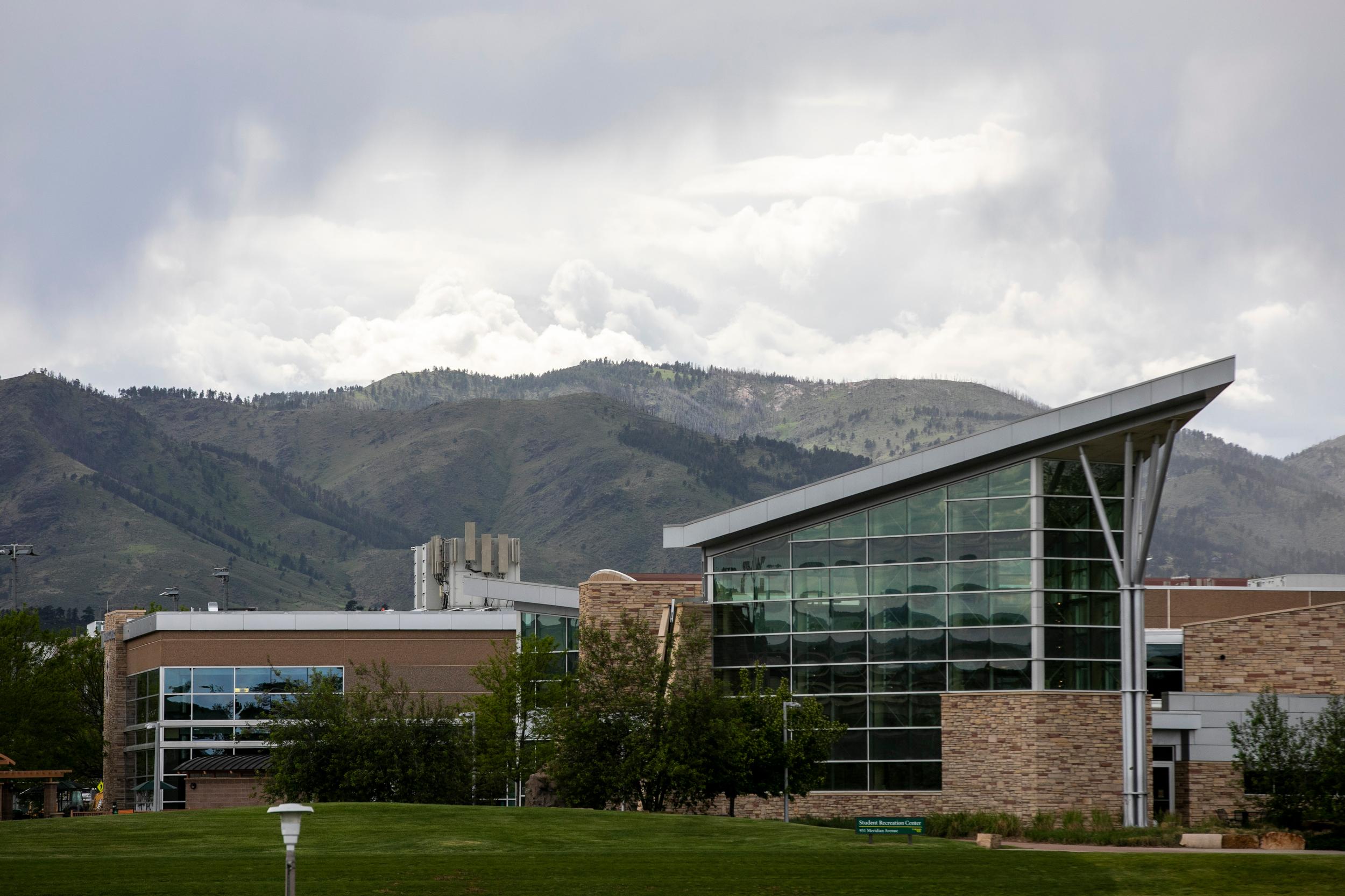
At least 10 Colorado university students or recent graduates – half of them Middle Eastern – have had visas revoked, according to higher education officials.
Five students and one former student working at Colorado State University were affected and four international students from the University of Colorado’s Boulder and Colorado Springs campuses have had visas revoked.
“Each one of our students are seeking to advance their careers and the lives of their families, and we understand the anxieties that visa revocations cause to impacted students,” CU said in a statement. “We urge any international student with questions or concerns to reach out to their campus’ international student office.”
Both state universities declined to provide individual student information or details around the circumstances of the students affected, but a source told CPR News that at CSU, four of the students were Kuwaiti nationals and one was a December 2024 graduate, a Saudi working at the university.
The revocations troubled Angie Paccione, head of the Colorado Department of Higher Education.
"We are very concerned about this creating a chilling effect on free speech on campus," Paccione said in a statement. "To our knowledge, none of these students committed any crimes, and if they have, we hope that information is shared with us. It breaks my heart to see college students targeted like this."
There are 10,300 international students at Colorado colleges across the state, according to the Colorado Department of Higher Education. Besides CU and CSU, CPR News checked with officials at the University of Denver, the University of Northern Colorado, the Colorado School of Mines and Colorado Mesa University and, so far, officials report that they were unaware of any of their students affected by the visa revocation effort.
“They basically have a choice to either self-deport by leaving the country,” said Brian Green, an immigration attorney based in Littleton. “If they stay and fight, eventually the government's gonna pick them up and put them in detention. And if you're a 20-year-old college student, if you're a 23-year-old grad student, I don't think you want to go and live in jail.”
Green said that students who choose to leave the country can apply for a student visa later, but they may forfeit tuition already paid in Colorado, and if they eventually decide to go to a university in Canada or England it’s not clear if the credits they earned in Colorado transfer.
Green said what’s happening is the State Department is canceling the student’s Student and Exchange Visitor Information System (SEVIS) account, maintained by U.S. Homeland Security. The university then gets notified that the account is terminated, and “that means you’re no longer a student there,” said Green.
“There's no due process, there's no hearing, it just happens,” said Green.
Nationally, the Department of Homeland Security has been scouring social media postings and other online fingerprints and messages from international students with visitor visas in an attempt to root out what they describe as antisemitism on campuses. Secretary of State Marco Rubio said the work started March 25 and they were specifically looking at social media to see what students have posted about the Israeli-Hamas war.
Rubio told reporters last week that if student visitors are speaking out against the United States’ foreign interests, their visas will be revoked.
“I think about it this way,” Rubio said. “If we knew this information about them before we gave them a visa, would we have allowed them in? And if the answer is no, then we revoke the visa.”
State universities have worked to increase enrollment of international students, in part to diversify campuses, but also because those students pay out-of-state tuition. Base tuition at CU Boulder for a nonresident is $43,622, more than three times the tuition paid by Colorado residents, $14,002. More than half of the funding for CU Boulder, 53.9 percent, comes from out-of-state tuition including international students, according to a Dec. 2024 Joint Budget Committee report.
At CU Boulder, there are 2,559 total international students who enrolled last fall. International enrollment dropped during the pandemic, and has slowly started to rebound, but isn’t yet at pre-pandemic levels. CSU reported that international enrollment in 2023 had rebounded to pre-pandemic levels.
International students in Colorado accounted for a total financial impact of $404.3 million in the 2023-2024 academic year, according to data released by NAFSA, an agency that promotes international education. The economic impact was greatest at CU Boulder, with international students supporting 1,417 jobs with an economic impact of $140.6 million.
A statement on the CSU international students’ webpage said the school is working to help current students.
“As we navigate this fluid situation, the Office of International Programs is available to provide support to our international students and scholars and we will do our best to answer questions and advise you appropriately during these uncertain times,” the statement said.
Gov. Jared Polis's administration also weighed in on the students' plight Wednesday, suggesting the federal government should reexamine its priorities.
“The Governor urges President Trump to focus on deporting dangerous criminals and for Congress to do their jobs and pass comprehensive immigration reform that secures our border and creates a path to stable legal residency that is clear and appropriately applied,” a spokesperson for Polis said in a prepared statement.









